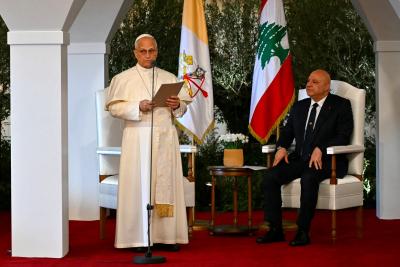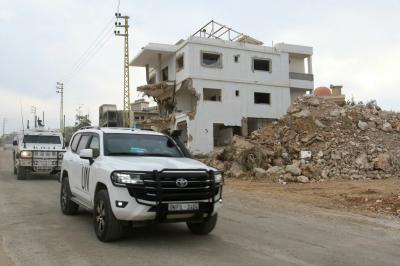No sooner had the president announced Lebanon’s readiness to negotiate with Israel than a flood of questions, frameworks, and hypothetical conditions began to surface. Some even raised the issue of constitutional powers — who exactly is authorized to negotiate — despite the clarity of the relevant constitutional article. The president’s message was unambiguous: Lebanon cannot remain outside the path the entire region is taking. After all, negotiations are conducted between adversaries, not friends — at least not the kind of negotiations he was speaking of.
This debate recalls a similar one nearly fifty years ago, when the then Egyptian President Anwar Sadat declared his willingness to pursue peace and even travel to Israel to achieve it. At the time, most Arabs branded Sadat a traitor, but the real dispute centered on what kind of peace would be acceptable: some called for partial peace, others for comprehensive peace, still others for the “peace of the brave,” and some for a “just peace.” In the end, Egypt opened the road to peace with Israel. The Palestine Liberation Organization followed with the Oslo Accords, then Jordan with the Wadi Araba treaty, and later came the Abraham Accords. Now, Syria — once the “beating heart of Arab nationalism” — is moving toward peace with Israel as well, through direct negotiations.
A parallel debate is now underway in Lebanon. What form should the negotiations take? Direct talks under UN auspices? Indirect talks mediated by the United States? Or perhaps a mix of both? And what should be the rank of the lead negotiator, and who should make up the delegation? Everyone, including “Hezbollah,” has rushed to affirm their support for indirect negotiations.
Assuming this consensus is genuine, one question remains: what exactly are we negotiating over? The president has said he wants to see the implementation of UN Security Council Resolution 1701. This would mean confining weapons to Lebanon’s official military and security forces, dismantling all non-state armed structures regardless of their name, and halting Israeli airstrikes so Lebanon can prepare for reconstruction.
But experience shows that Israel seeks much more than the implementation of Resolution 1701. Lebanon may be ready to move beyond its ideological red lines, but even that is not enough. Any decision to enter negotiations must be built on feasibility studies that clearly outline what Lebanon stands to gain from peace, and what Israel will gain. The Israelis know exactly what they want: security above all, followed by economic and commercial considerations. But do we know what we want? Do we know where we stand to gain or to lose?
One can only hope that the president has based his position on serious studies placed before him, allowing him to take a clear path.
Please post your comments on:
[email protected]
 Politics
Politics














